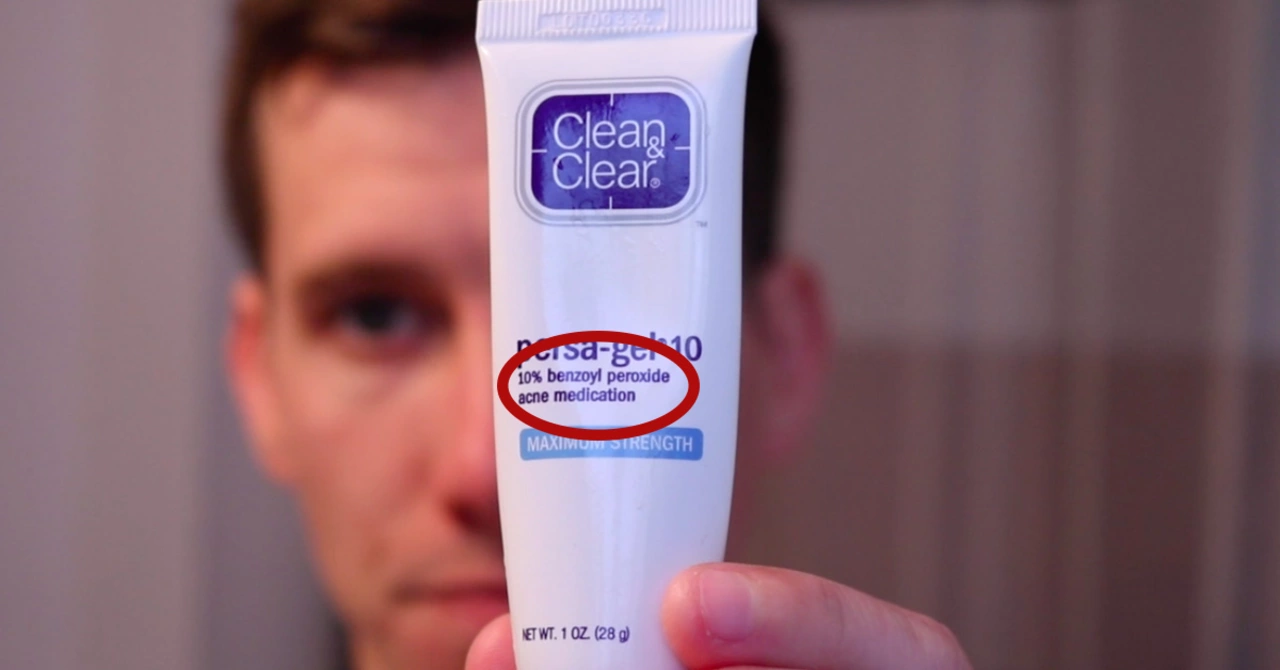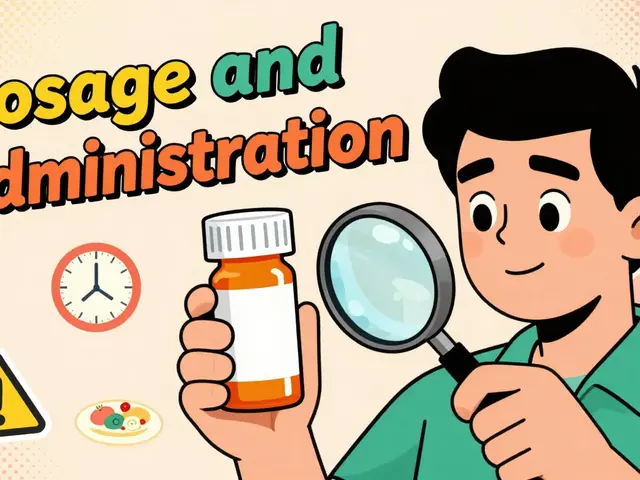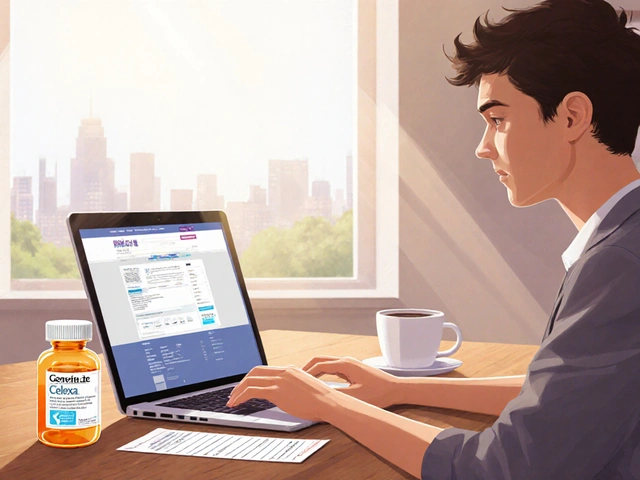Skincare: Practical Tips, Treatments, and Safe Choices
Want clearer, healthier skin without wasting time or money? Good news: small changes and the right treatments often beat miracle products. Below you’ll find clear, practical advice on acne meds, topical steroids, peptides, and smart shopping for skincare products.
Treatments that actually work
If you have acne, know that options range from cleansers and topicals to strong medicines like isotretinoin (Isotroin). Not everyone can or should take isotretinoin, so check our guide on 8 alternatives to Isotroin for real-world options — some are topical, some are hormonal, and some are procedural. For mild-to-moderate acne, try a consistent routine: gentle cleanser, benzoyl peroxide or salicylic acid, and a non-comedogenic moisturizer. If that fails after 8–12 weeks, talk to a dermatologist about prescription options.
Topical steroids matter when you have eczema or inflammatory rashes. Desonide is a low-potency steroid that’s often safer on the face and skin folds. Use it short-term and follow instructions—overuse can thin skin or cause rebound issues. Our Desonide article explains when it’s a good choice and how to avoid problems.
Peptides are trendy for anti-aging and repair. They can help skin firmness and healing, but results are modest and gradual. If you’re considering peptide products or online peptide vendors, read our guide on buying peptides safely so you don’t end up with poor-quality or unsafe products.
Safety: what to check before you buy
Always patch-test new products on a small area for 3–5 days. If you get burning, redness, or blisters, stop immediately. Check active ingredient concentrations (for example, retinoids and acids) and start low — you can always increase frequency. For prescription meds like topical steroids or isotretinoin, get medical advice; some meds require monitoring for side effects.
Buying skincare meds online is tempting and sometimes cheaper, but trust matters. Look for clear company info, verified reviews, and pharmacist contact options. Our articles about buying peptides and safe online purchases cover red flags: no prescriptions when required, unclear return policies, and unrealistic claims.
Natural remedies attract attention, but “natural” isn’t always safe. Bloodroot and DMSO get buzz for skin uses; they can cause irritation or worse if misused. Read reliable sources and treat such options cautiously—ask a clinician before using strong natural compounds on large areas or broken skin.
Final practical checklist: (1) Simplify your routine — fewer, proven steps work best. (2) Patch-test new actives. (3) Use topical steroids only as prescribed. (4) Vet online sellers and avoid products making wild promises. (5) See a dermatologist when in doubt — especially for persistent acne, new rashes, or side effects.
Want specific how-tos? Check our posts on Desonide, isotretinoin alternatives, and safe peptide buying for step-by-step advice and what to expect in real life.

Benzoyl Peroxide: An Ingredient to Avoid for Rosacea Sufferers?
I recently came across some information about benzoyl peroxide and its effects on rosacea sufferers. It turns out that this popular acne-fighting ingredient might not be the best choice for those with rosacea. Benzoyl peroxide can cause skin irritation and dryness, which may lead to an increase in rosacea flare-ups. Instead, experts recommend using gentle, non-irritating ingredients that help soothe and calm the skin. So, if you have rosacea, it might be a good idea to avoid benzoyl peroxide and opt for more gentle skincare products.
Read More




